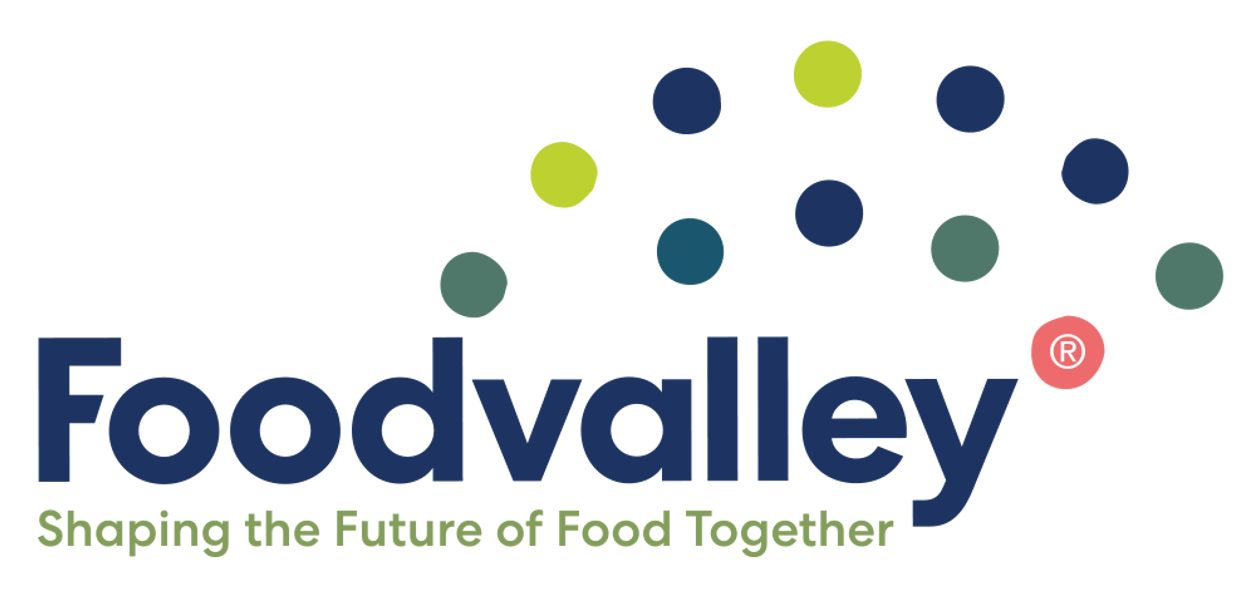Project Partners
The project is composed of a broad consortium that has connections to all parts of the food industry's value chain. Strong professional competencies, an extensive network within the food sector, and the ability to bring the right partners together characterise this consortium, which will work together to elevate the food industry's underutilised side streams into valuable products.

The Danish Technological Institute (DTI)
DTI is the project lead and manages Food Upcycling's side-stream development projects. DTI possesses strong competencies throughout the entire food value chain from farm to fork - for example, processing technologies, utilization of side-streams, process and product development, quality and food safety, as well as shelf life, in addition to having expertise within business and value chain innovation. Moreover, DTI has an extensive network in the food industry. The participating departments from the Danish Technological Institute are Innovation and Digital Transformation, Bioresources, Food Technology and Food Safety.

DTU National Food Institute (DTU)
DTU conducts research and communicates, through consultancy, innovation, and teaching, sustainable and value-creating solutions within food and health for the benefit of society. DTU will, among other things, contribute their expertise within Novel Food as well as sparring regarding the upgrading of side-streams and process technology to maximize the value derived from side-streams.

The Danish Food and Drink Federation (DI)
DI is an industry association for over 280 food companies, ranging from small startups to the largest global food companies in Denmark. DI will contribute with their extensive network in the food industry and facilitate contact with food companies that have the potential for better utilization of side-streams and companies where refined ingredients from side-streams can be utilized.

The Danish Agriculture & Food Council (L&F)
L&F is the trade organization for agriculture, the food, and agro-industries. L&F and its industry association, Planteværket, will contribute by recruiting participating companies and act as knowledge dissemination partners through their extensive network of companies producing both plant-based and animal-based foods. The members include large, medium, and small companies as well as startups – a total of approximately 1,000 companies producing raw materials, ingredients, and finished products for both the national and international markets.

Dagrofa
Dagrofa is a Danish grocery group that owns MENY and supplies several other retailers, including SPAR, Min Købmand, and Let-Køb stores. Dagrofa represents a value chain to sales markets via their logistics systems and their total of 511 stores in Denmark, as well as several sales channels through NorgesGruppen in Norway. Thus, Dagrofa is the project’s important link to the sales stage for new products based on food side-streams. Dagrofa will participate in the project to help assess the relevance and market potential of ideas for utilizing side-streams to produce products for both the retail and food service sectors.

Foodvalley (FV)
FV is an international non-profit network organization based in the Netherlands. FV has more than 300 member companies and organizations, some of which already have significant businesses based on upcycling food side streams. FV has a particular focus on innovation within three fields: the protein transition, food and health, and circular agrifood. FV establishes projects with strategic partners, also runs an international upcycling network, and has documented the potential and barriers within upcycling of food in their Position Paper. In the project, FV will contribute with proven models for the utilization of side streams in the food sector, network building, and to create the link between the Food Upcycling platform and the international food innovation network on Foodleap.

Food & Bio Cluster Denmark (FBCD)
FBCD is Denmark’s national cluster for food and bioresources. FBCD brings together companies and knowledge institutions to promote innovation and sustainable development – including by utilizing side-streams from the food industry. With strong expertise in upcycling and value creation from bio-based residual and side-streams, FBCD helps convert waste into new products, feed, materials, or energy – thereby generating both environmental and economic benefits. FBCD’s role in Food Upcycling will be as a dissemination partner and as an anchoring point after the project ends, for example by continuing to manage the website.